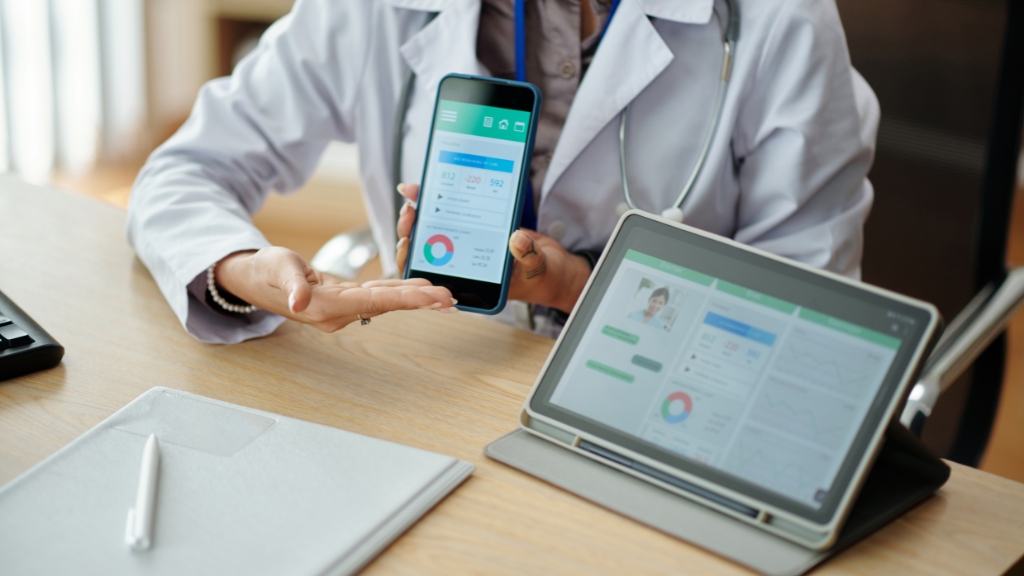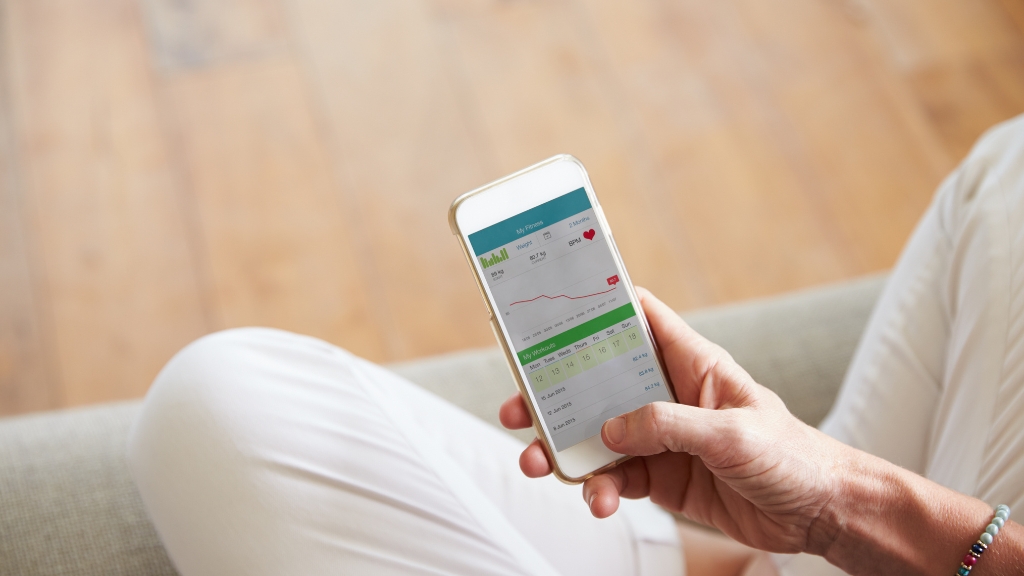
Healthcare Apps: Bridging Gaps in Patient Care
In the evolving landscape of healthcare, technology continues to play a pivotal role in improving patient outcomes and streamlining care delivery. While automation has already transformed various aspects of healthcare, healthcare apps represent a significant leap forward, offering innovative solutions to bridge gaps in patient care. Here’s how healthcare apps are reshaping the industry and enhancing patient experiences.
1. Enhancing Accessibility to Care
Healthcare apps are breaking down barriers to access by providing patients with immediate access to medical information and services. Telemedicine apps, for example, enable virtual consultations, allowing patients to receive medical advice without the need for in-person visits. This is particularly valuable for those in remote areas or with limited mobility, ensuring that they receive timely care regardless of their location.
2. Improving Patient Engagement
Engagement is a crucial component of effective healthcare. Apps that provide educational resources, medication reminders, and health tracking features empower patients to take an active role in managing their health. By offering personalized health plans and tracking progress, these apps encourage adherence to treatment regimens and foster a more proactive approach to health management.
3. Facilitating Seamless Communication
Effective communication between patients and healthcare providers is essential for quality care. Healthcare apps facilitate this by offering secure messaging systems and appointment scheduling features. These tools ensure that patients can easily reach their healthcare providers with questions or concerns, while also streamlining the appointment booking process and reducing administrative burdens.
4. Enabling Real-Time Health Monitoring
Wearable devices and health tracking apps allow for real-time monitoring of various health metrics, such as heart rate, blood glucose levels, and physical activity. This data can be shared with healthcare providers to enable more accurate diagnoses and personalized treatment plans. Continuous monitoring also helps in early detection of potential issues, leading to timely interventions and better health outcomes.
5. Supporting Chronic Disease Management
Managing chronic diseases often requires ongoing attention and support. Healthcare apps designed for chronic disease management can track symptoms, medication adherence, and lifestyle factors. These apps provide patients with tools to manage their conditions more effectively and communicate their status to healthcare providers, facilitating more personalized and timely care.
6. Enhancing Data Integration and Coordination
Healthcare apps contribute to better data integration and coordination among different care providers. By consolidating patient data from various sources into a single platform, these apps enable a more holistic view of a patient’s health. This integration supports coordinated care efforts and ensures that all members of a patient’s healthcare team are on the same page.
7. Expanding Preventive Care
Preventive care is a key focus in modern healthcare, and apps are playing a vital role in this area. Apps that offer lifestyle coaching, preventive screenings, and health assessments help patients make informed decisions about their health and adopt healthier behaviors. By prioritizing preventive measures, these apps contribute to overall better health outcomes and reduced healthcare costs.
8. Addressing Mental Health Needs
Mental health apps are gaining prominence in addressing mental well-being. These apps offer resources such as therapy sessions, mood tracking, and relaxation exercises. They provide support for managing stress, anxiety, and depression, often complementing traditional therapy and offering valuable tools for maintaining mental health.
9. Optimizing Medication Management
Medication management can be challenging, especially for patients with complex regimens. Healthcare apps that provide medication reminders, dosage tracking, and interaction alerts help patients stay on top of their prescriptions. These features reduce the risk of medication errors and ensure that patients adhere to their treatment plans.
10. Fostering Patient-Centric Care
Ultimately, healthcare apps are fostering a more patient-centric approach to care. By offering tools and resources that cater to individual needs and preferences, these apps enhance the overall patient experience. They empower patients to take control of their health, leading to more effective and personalized care.
Leave a Reply
- AI in Diagnostics: Revolutionizing Early Detection and Accuracy
- How AI and Advanced Analytics Are Transforming Healthcare Outcomes
- Investing with Confidence: The Role of ROI Calculators
- How ROI Calculators Drive Data-Driven Business Strategies
- The Ultimate Guide to ROI Calculators for Business Success
- Making Sense of ROI Calculators: A Comprehensive Guide
- June 2025 (1)
- May 2025 (1)
- October 2024 (2)
- September 2024 (31)
- August 2024 (31)
- July 2024 (27)
- June 2024 (28)
- May 2024 (30)
- April 2024 (33)
- March 2024 (23)
- February 2024 (29)
- January 2024 (3)
- December 2023 (47)
- November 2023 (36)
- October 2023 (23)
- September 2023 (2)
- June 2023 (2)
- May 2023 (13)
- April 2023 (1)




